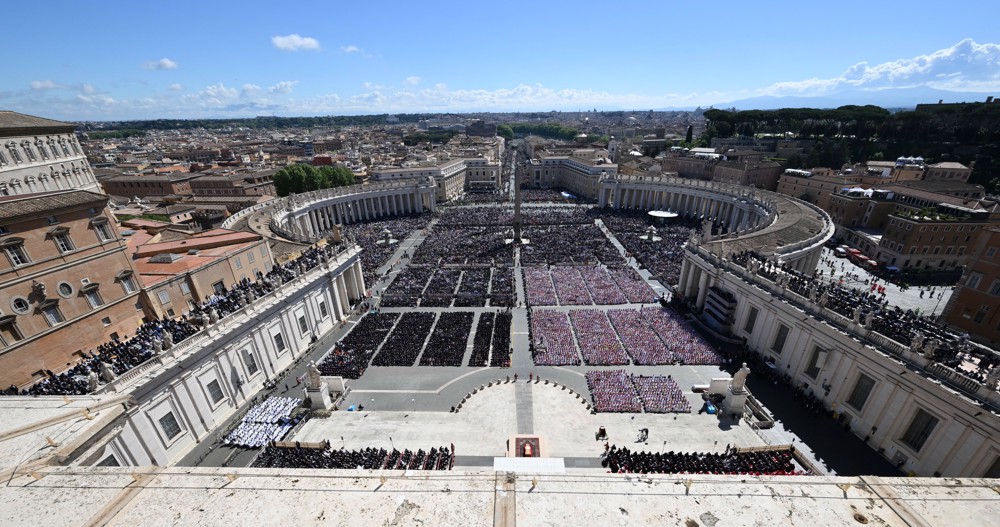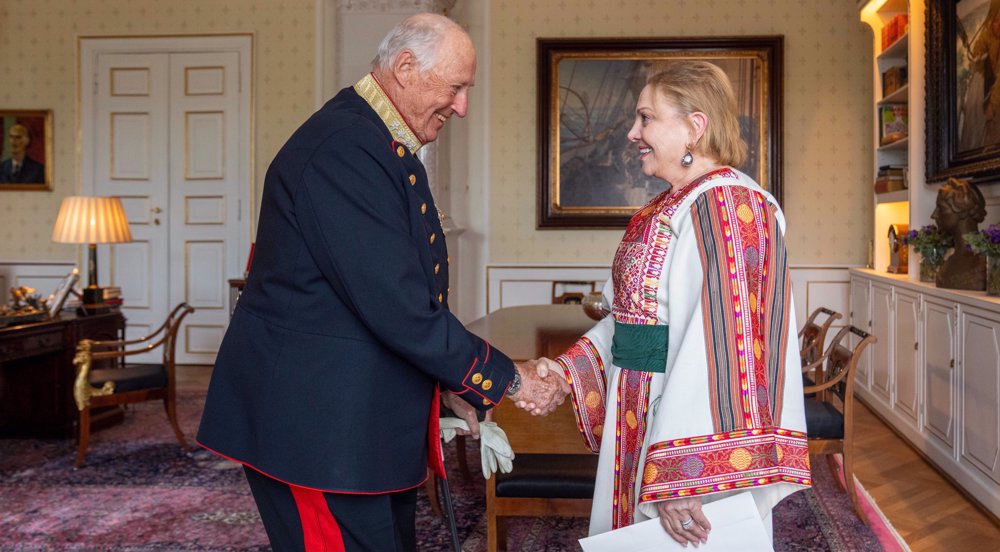Thousands pay tribute to Muslim victims of 1995 Srebrenica massacre
Thousands of people have gathered in the Bosnian town of Srebrenica to pay respect to Muslim victims of the 1995 massacre, during which thousands of men and boys were killed by Serbian forces.
The remains of more than 70 recently identified victims were buried on the 22nd anniversary on Tuesday of the Srebrenica massacre, Europe's worst massacre since World War II.
The victims were put to final rest at the Srebrenica-Potocari Memorial Center and Cemetery.
Every year, new bodies are discovered and the remains are identified through DNA analysis before being buried at Potocari.
Thousands of activists each year attend massive marches to remember the genocide victims.
Ahead of the Tuesday ceremony, thousands of people marched across Bosnia-Herzegovina to the memorial site to remember those who were massacred 22 years ago.
In July 1995, a large number of Bosnian Muslim men and boys were systematically massacred by Bosnian Serb forces and buried in mass graves. In addition to those killed, thousands of women, children and elderly people were forcibly deported, and a large number of women were raped across the territory of the former Yugoslavia.
The International Committee of the Red Cross has estimated the number of victims at 8,000. The United Nations has called this “the greatest atrocity on European soil since the Second World War”.
The International Criminal Tribunal for the former Yugoslavia (ICTY), a tribunal established by the UN to prosecute those responsible for serious violations of international humanitarian law, and the International Court of Justice have concluded that the acts committed at Srebrenica constituted genocide.
The carnage took place after Bosnian Serbs ran over the Bosnian town, even though it was formally declared a UN-protected area. Serb troops overran the zone despite the presence of hundreds of Western troops tasked with protecting innocent civilians.

Thousands of Bosniaks had sought shelter from Bosnian Serb soldiers in a UN Safe Area base, which was being defended by the Dutch peacekeepers when it was overrun by Serb forces.
Serb death squads butchered a large number of Muslim Bosnian boys and men in Srebrenica over the course of four days.
Last month a Dutch appeals court upheld a 2014 ruling that found the Netherlands responsible for the deaths of 350 Bosniak men in the Srebrenica massacre.
According to declassified US cables, cited in a report by the UK-based daily The Guardian, British, American and French governments were prepared to cede UN-protected safe areas to armed Serb militias during the war in Bosnia.
A former Dutch Defense Ministry official has also said that the UN facilitated the takeover of Srebrenica and the brutal carnage there by providing 30,000 liters of fuel gas to Serbs.

The revelations have posed a serious challenge to the official Western version of events.
In March last year, former Bosnian Serb political leader, Radovan Karadzic, was convicted of war crimes for his role in the Srebrenica killings and was sentenced to 40 years in prison.
Bosnian Serb military chief, Ratko Mladic, is still on trial at The Hague for war crimes and genocide in Srebrenica.

Trump, Zelensky hold 'productive' talks ahead of Pope's funeral in Rome

World leaders, mourners bid farewell to Pope Francis at funeral in Rome

Norway establishes diplomatic ties with State of Palestine amid Israel's Gaza genocide
VIDEO | Press TV's news headlines
Enrichment on Iran’s soil, meaningful sanction removal ‘red lines’ in talks with US: Spox
VIDEO | India and Pakistan tensions: A march to war?
VIDEO | 3rd Iran-Africa Economic Cooperation Conference kicks off in Tehran
‘Biggest genocide of century’: Iran calls for intl. mobilization to stop Israeli crimes in Gaza
Swiss fencing team snubs Israeli flag over Gaza genocide
Iran ‘strong, confident’ enough to thwart malicious external actors’ plots: Araghchi
Iran foils ‘extensive, sophisticated’ cyberattack on national infrastructures: Official






 This makes it easy to access the Press TV website
This makes it easy to access the Press TV website